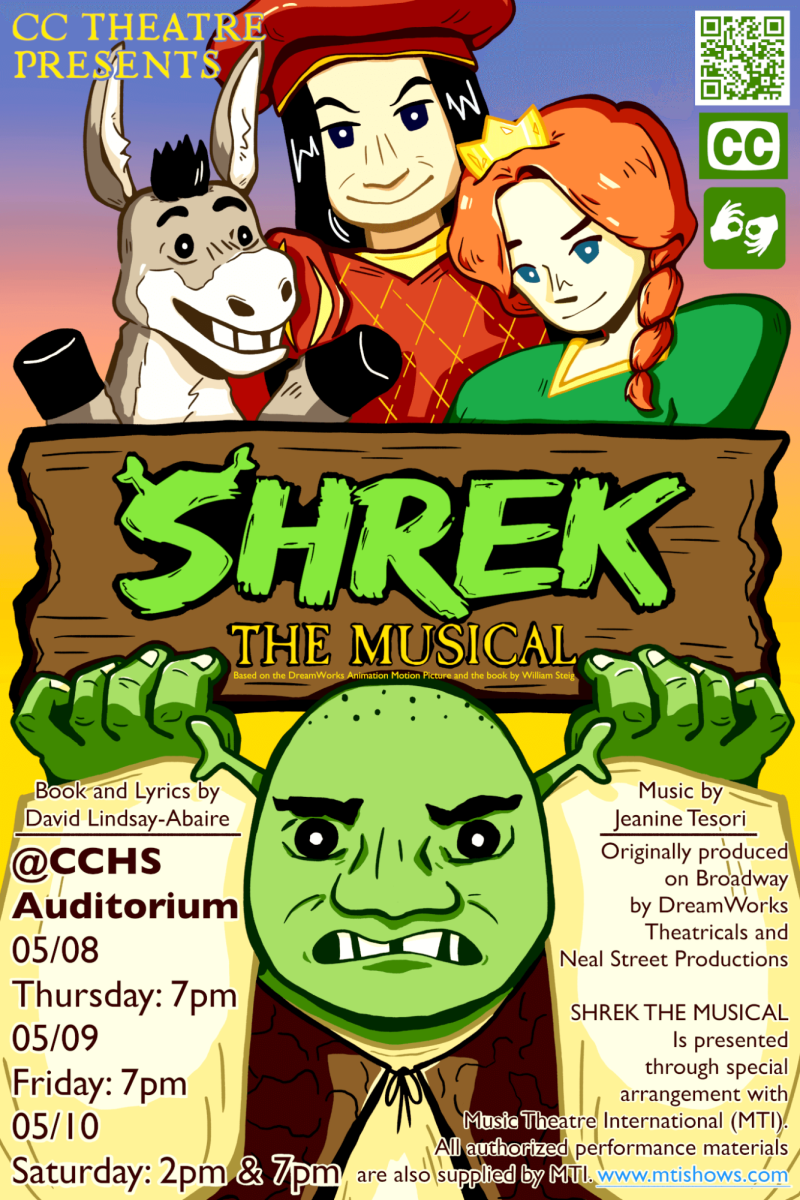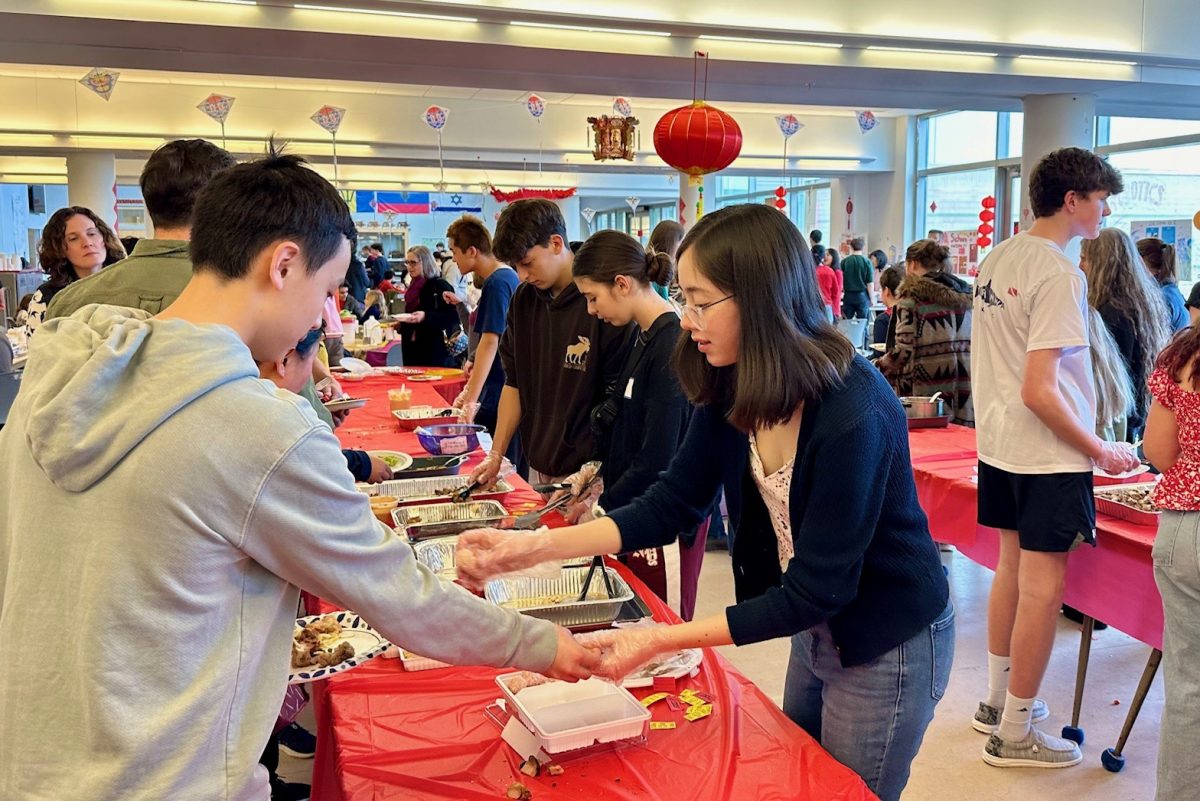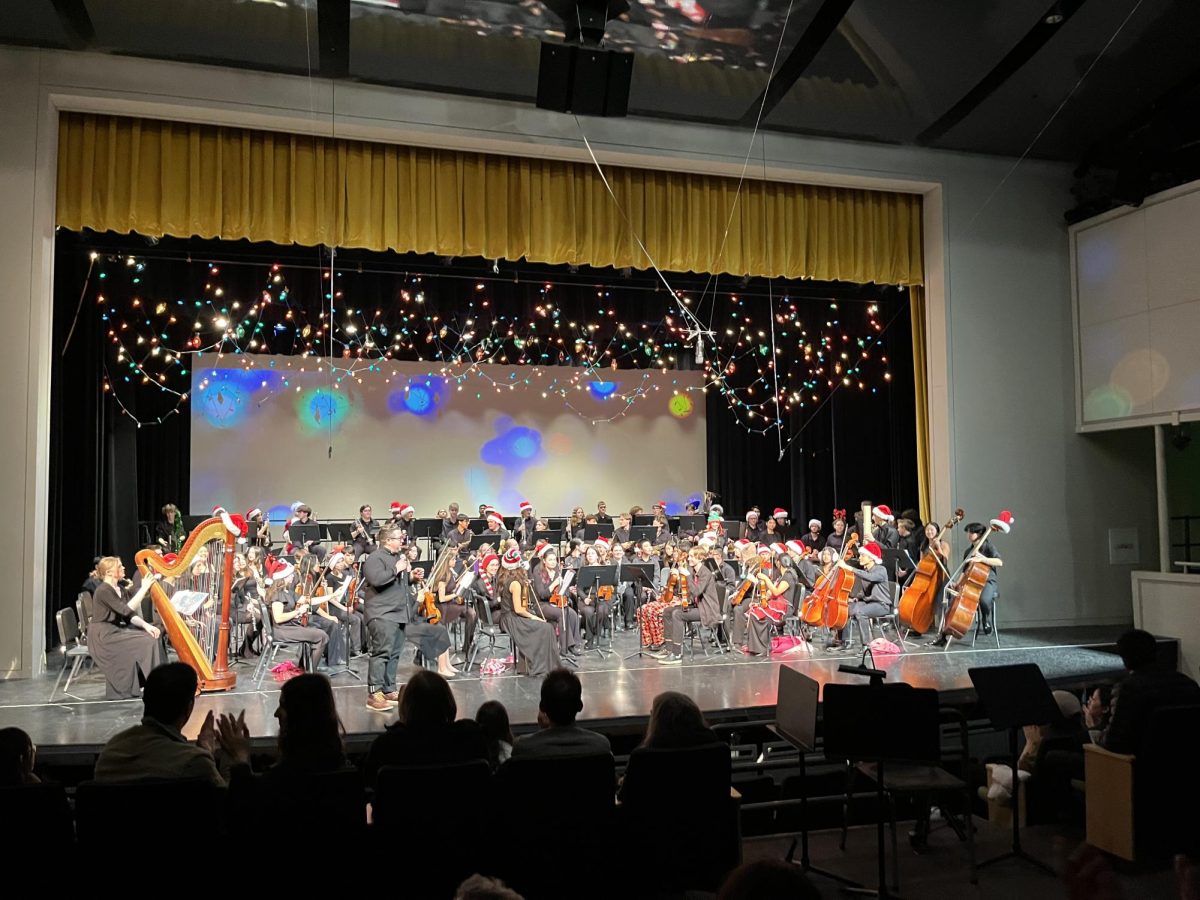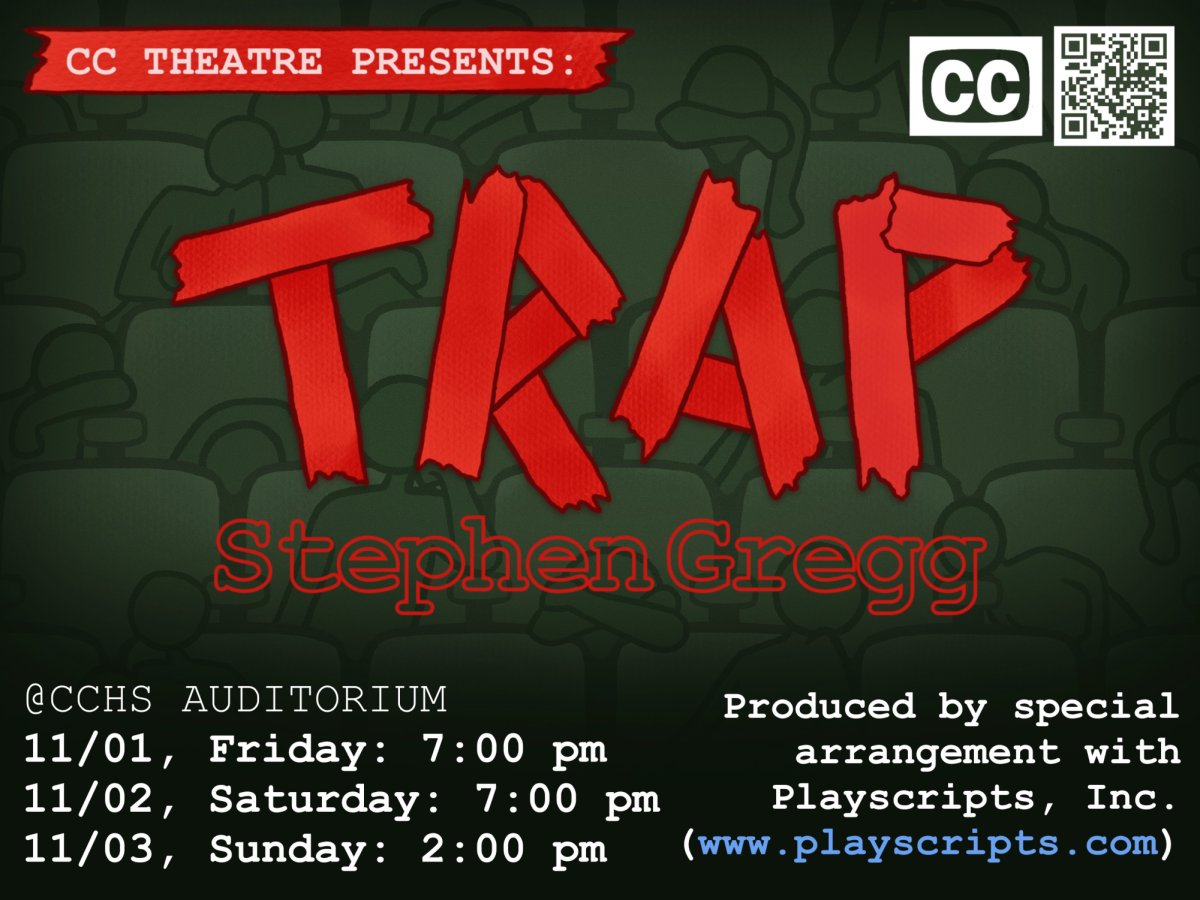Overview: What exactly is the 9th-Grade Academy?
One of the initiatives that stemmed from the “2018-2023 Strategic Plan” was to focus more on team-teaching approaches to learning in Concord and Carlisle public schools. This goal led to the creation of the 9th-grade academy, allowing students to be on one of four teams (Elm, Maple, Oak, and Willow). Within each of the teams, students have all the same core teachers (English, Math, Social Studies, and Science) and are able to go from class to class with other students who also share similar classes and teachers. Thanks to this grouping, the workload from these classes is similar for all of the students in the cohort. Additionally, in an attempt to ease the transition to a new school and new expectations, the 9th-grade academy also decided to have all of the classes in the first quarter be graded on a pass-fail method. Grades earned in the first quarter will only count toward their end-of-year grade if they are beneficial to it.
Some Students’ Thoughts – A Range of Grades and Experiences:
To get a better understanding of how students feel about the 9th-grade academy, I interviewed several students, including one junior (the first grade to experience the 9th-grade academy) and a senior (the grade that just missed participating in the academy), along with doing a write-up of my own as a current ninth grader now that I have experienced the 9th-grade academy in full swing.
That said, some aspects of the academy did not feel very helpful. While the separation of teams worked out for many, it didn’t work out completely for me. Although I did have a lot of friends in my cohort, and of course had the benefit of getting to have lunch with a wider variety of people, it also closed me off from some of my friendships with others. I realize how this was helpful in some ways by creating stronger bonds within my own team, but I think it would have been nice to have classes with a wider group of people. I also believe this could have been very upsetting to some people if they were separated from their entire group of friends and had to start creating those types of relationships all over again. On top of that, my schedule is very packed during the school year with sports, work, and homework, so I end up, for the most part, only interacting with those who are in my classes. Since I only have a specific group of people on my team, I have ended up drifting away from relationships with other friends without realizing it.
Some Thoughts from Some Teachers:
I also decided to see how some of the teachers feel about the Academy. I decided to pick two teachers, one who is new to the school and one who has been here for a while. My hope was not only to get a better understanding of the difference academically but also to hear some adults’ perspectives on the matter.
The ninth-grade academy originated out of some challenging times in education due to the pandemic, and it seems as though there have been several positive changes in our school, from teachers being able to talk with other teachers about students, to shared workload in classes, to the ability to manage time in a trial-and-error format with the addition of a pass/fail quarter, just to name a few. That said, with these pros, there are also cons, be it the constant clustering of students or even the loss of some friendships, amongst other issues. As these cohorts continue to plant roots within our school, we must continue to weigh the pros and cons.































